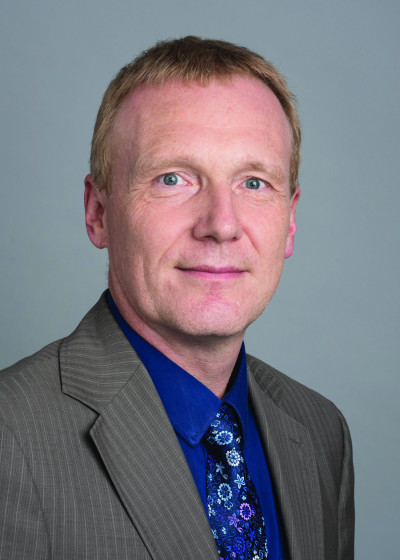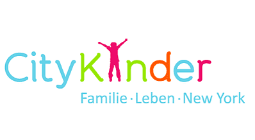The term “Artificial Intelligence” gets thrown around often in 2019, but few who use it mean the same thing. Referring simply to computers that process large amounts of data and make their own decisions about that data, AI is quickly becoming commonplace.From predictive texting to chatbots and voice assistants, AI is already part of your life.
Beyond the personal, AI is changing industry, medicine and transportation and ushering in new concerns about cybersecurity and ethics. In Germany, AI development is well underway. Through government support and the entrepreneurial and academic ingenuity of its citizens and residents, Germany is proving itself a global AI leader.
Beginning with a closed-door experts meeting convened in May 2018, Chancellor Angela Merkel has made AI a priority for her administration. In November 2018 three of Germany’s federal ministries finalized the National Strategy for Artificial Intelligence. Intending to increase Germany’s competitiveness in AI and ensure the technology serves society, the strategy committed a collective €3 billion to AI-related research and development by 2025. Particular focus was placed on the integration of policy and research with industry, pledging support to the German Mittelstand, or SMEs, as they incorporate AI with their work.
Germany is also home to some of Europe’s most distinguished AI research centers. Taking its cue from Silicon Valley, a consortium of universities in southwest Germany created Cyber Valley in 2016, a collection of industrial and academic institutions aiming to accelerate the development and commercialization of AI.
Cyber Valley partners include Amazon, which established an AI Research Center near the Max Planck Institute for Intelligent Systems in Tübingen, and Google, an industry partner of The German Research Center for Artificial Intelligence (DFKI). West of Cyber Valley, Facebook committed $7.5 million to the Technical University of Munich’s AI Ethics Research Center.
Each year the German Federal Ministry for Education and Research hosts the Wissenschaftsjahr, or Year of Science, and in 2019 the focus topic was Artificial Intelligence. The Wissenschaftsjahr brings together organizations across science, academia and industry to engage with the public, bridging the divide between science and society. Across Germany this year, Wissenschaftsjahr events have encouraged dialogue through panel discussions, working groups and even an educational exhibit on board a traveling ship.
AI is also the annual topic of the five German Centers for Research and Innovation (DWIH) worldwide. The DWIH exists to promote German science and research globally and to encourage transnational collaboration on solving questions of the future.
On November 18 in Brooklyn, the DWIH New York will host its first multi-day conference, the DWIH Future Forum, which, in 2019, will focus on demystifying AI. Bringing together AI.
Benedikt Brisch is the Director of both the German Center for Research and Innovation (DWIH) New York and the German Academic Exchange Service (DAAD) New York Office.He has more than twenty years of experience in higher education and knowledge diplomacy.
Experts and decision-makers from the US and Germany, participants will discuss new AI developments and reflect on the social and cultural consequences of these developments. While many think of the US and China when it comes to emerging technologies and AI, Germany is racing to join the pack. 2019 has seen unprecedented investment in and attention to AI in Germany. Though no one knows the future, AI will certainly be part of it. Germany is preparing itself and determining the course of this future right now.
Fore more on the DWIH Future Forum visit futureforumnyc.com. The DWIH New York can be found online at dwih-newyork.org.
- Did you know Germans were the first to depict a robot on film? Director Fritz Lang did so in his 1927 film Metropolis.
- Did you know the first chatbot was built by German-American immigrant Joseph Weizenbaum at MIT in 1966? Using scripts, “Eliza” could simulate a range of conversation partners including a therapist.






